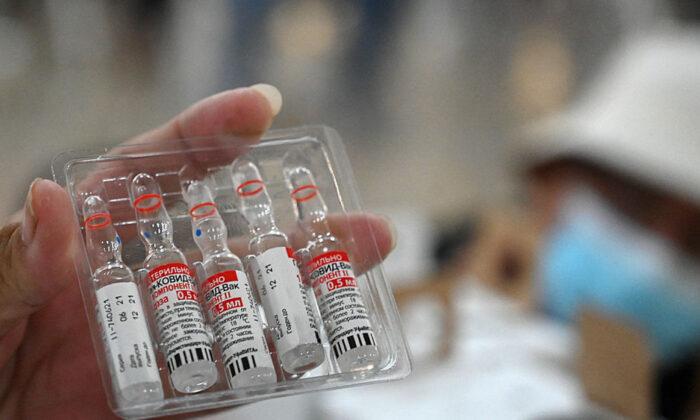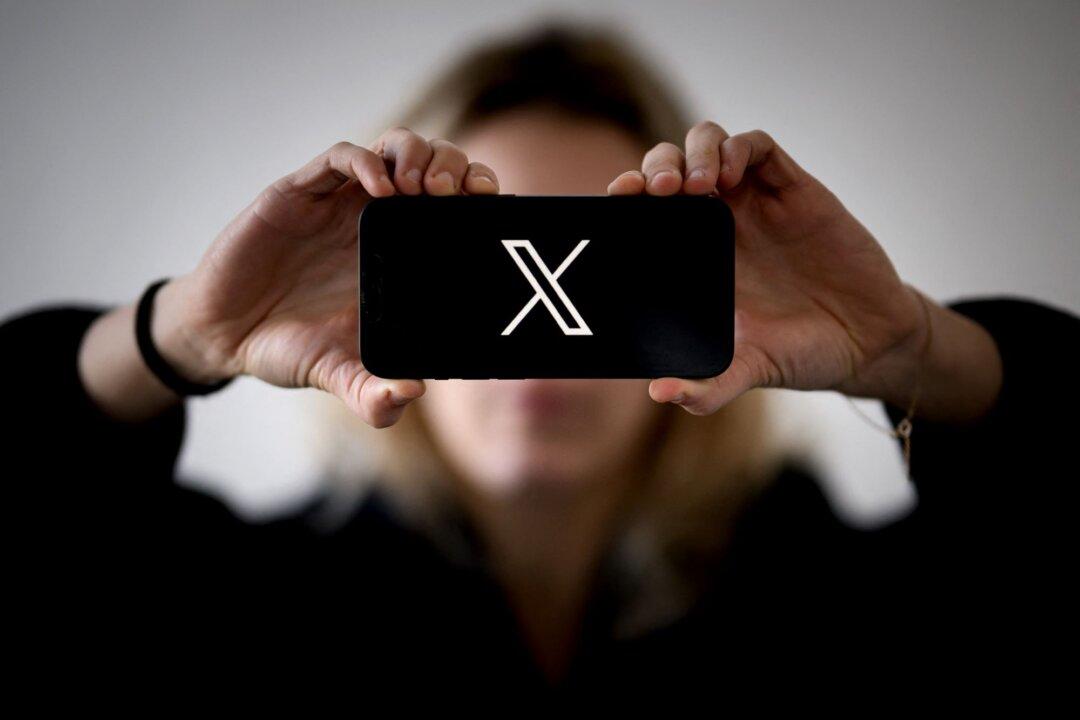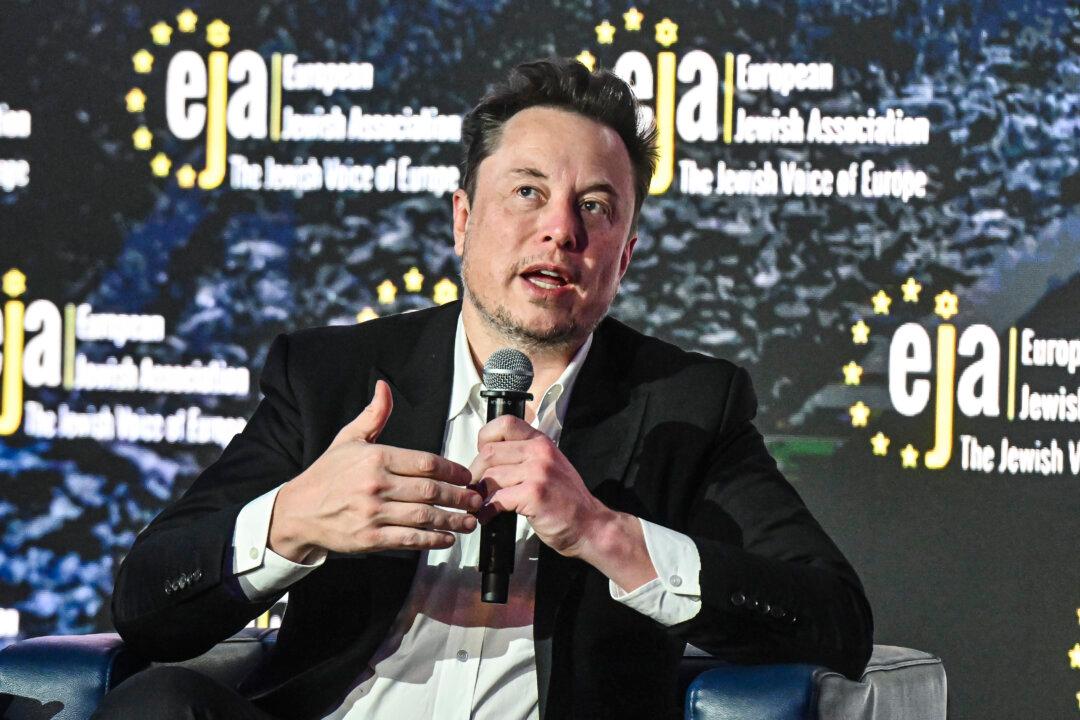Australia will now recognise the vaccine status of travellers who have received two doses of the Russian Sputnik V vaccine, according to the country’s drug regulatory body on Monday.
Currently, non-citizens entering the border need to be fully vaccinated.
The Therapeutic Goods Administration (TGA) said it obtained more information showing Sputnik V provided “protection and potentially reduces the likelihood that an incoming traveller would transmit COVID-19 infection to others while in Australia or become acutely unwell due to COVID-19.”
According to data from the Russian government, two doses of Sputnik V provided 98 to 100 percent protection against hospitalisation or death and was on average 89 percent effective against symptomatic infection.
However, the TGA also noted that the studies were undertaken prior to the Omicron outbreak, and real-world studies examining the efficacy of a range of vaccines against the new variant were ongoing in many countries.
The single-dose ‘Sputnik Light’ is not currently recognised by the TGA.
The Russian Ministry of Health has authorised the vaccine for use on Aug. 11, 2020, more than a month before phase I and II trial results were published and before the phase III trial had even begun.
Federal Health Minister Greg Hunt on Jan. 15 said Australia had achieved a 95 percent first-dose vaccination rate for those aged 16 and older, while New South Wales, Victoria, and Australian Capital Territory authorities are hoping the current Omicron outbreak begins reaching its peak.





Friends Read Free